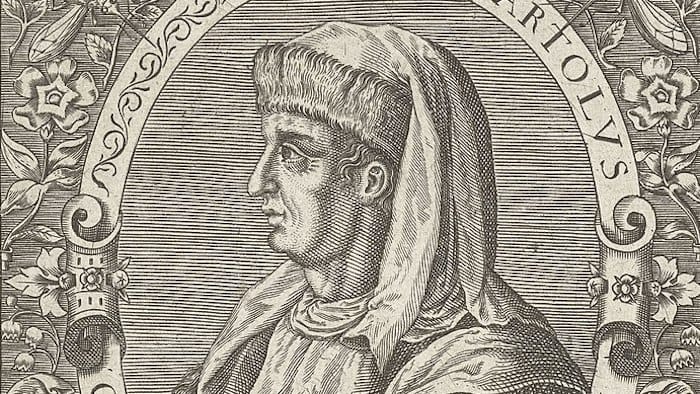Who’s your favourite?
Law students are well acquainted with the likes of Lady Hale and Lord Denning. But how do they rank compared to their predecessors from centuries ago? Do they live up to some of the all time law greats? Legal Cheek takes a look at the some of the big whigs from legal history.
Cicero
Perhaps the true legal OG, Cicero was known for his outstanding oratory as we can see in the way in which he dismantled his legal and political opponents such as Verres and Cataline. Besides being drawn into politics, where he became the youngest man ever to achieve the rank of consul, he elaborated on legal philosophy and is still the starting point for many discussions about justice and the rule of law.
Ulpian
Born in around 170 AD, Ulpian was a prolific writer who has been labelled by scholars as a “pioneer of human rights” for the way in which he interpreted Roman law “as a system based on reason and equity designed for people, including slaves, who were by nature free and equal”. His longevity is clear from the fact that two-fifths of Justinian’s 533 AD Digest is made up of extracts of his works.
Tribonian
The Byzantine jurist was the main architect of Justinian’s codification of Roman law in the form of the Codex, the Institutes and the Digest (mentioned above). Although not the bombastic orator type like Cicero, he follows after many a surreptitious solicitor eruditely combing through the overly complex existing legal frameworks. He must also have been a bit of a hero to law students of the day, creating a textbook for their studies in the process of enacting Justinian’s reforms on legal education.
Bartolus de Saxoferrato
The relatively unknown figure was the legal star of his day. Born in 1313, Bartolus, whose reputation saw characters in Mozart’s The Marriage of Figaro and Rossini’s The Barber of Seville, was a prominent lawyer and law professor at the universities of Bologna and Perugia. His great intellectual breakthrough was to consider Justinian’s legal code as not being the sole source of legal legitimacy — in fact, according to Bartolus, self-governing cities could exist within this structure of overarching empire. This provided a strong intellectual foundation for the development of nation states. Curiously, he was granted the power to relieve bastard children from their status as bastards in recognition of his legal prowess!
Sir Thomas More
Perhaps best known today for his work Utopia (interestingly his ideal world was one without any lawyers in it!), More started out his legal existence at Lincoln’s Inn. An excellent barrister who practiced in London and a judge with a strong reputation for impartiality, More rose to the rank of Lord Chancellor. He had always been a prolific scholar — More’s History of King Richard III was of great use to the likes of Shakespeare — and had held a profound commitment to his religious beliefs. This ultimately led to his execution on Henry VIII’s orders for his refusal to accept the King’s annulment of his marriage with Catherine of Aragon.
Bartholomew Chassenée
Born in 1480, Chassenée is famous for cutting his teeth on animal trials. Although the French lawyer is today most well-known for his defence of the rats of Autun, he was also a “very distinguished and remarkably keen-sighted jurisprudent”. Chassenée rose to high legal office in France and produced several very academically rigorous works on Roman and customary law that later informed the Napoleonic Code. And surely he gets extra big whig points for writing a collection of legal advice that he had given his clients!

